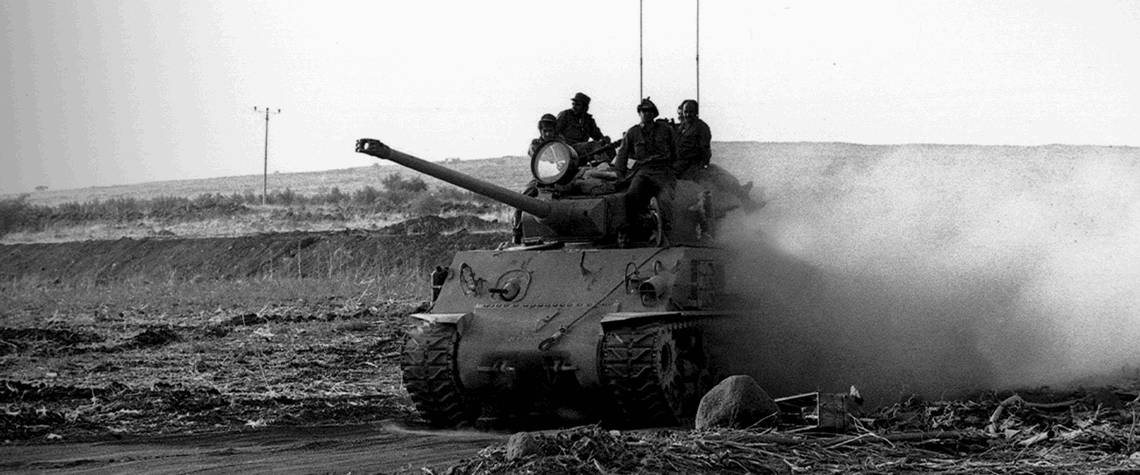How the Yom Kippur war changed OPEC
Half a century after the 1973 conflict, the world is dramatically different. But OPEC’s power remains
October will see the 50th anniversary of the Yom Kippur War, which resulted in an Israeli victory against Egypt, Syria and other Arab forces. As well as being an important event geopolitically, the fallout from the conflict profoundly changed oil markets by giving a new lease of life to the previously inert OPEC. Everything in the oil markets changed at the end of 1973, but 50 years later, OPEC is still powerful. Since 1973, the global economic balance of power has shifted eastwards following the rise of Asian economies, particularly China and, more recently, India. The OECD countries had a 69% share of global GDP in 1973; by 2022 this was down to 39%. The Soviet Union collapsed in 1991 and

Also in this section
24 October 2024
Producers in the region see significant gains to be made by boosting output using the infrastructure already in place
23 October 2024
Markets have seen no material disruption from the war so far, but as the fighting goes on it is a matter of when, not if
23 October 2024
Majors in the region are pushing boundaries and could see significant upside, but longer-term risks remain
22 October 2024
Angola is unlikely to meet the official timeline for an IPO of state-owned oil giant Sonangol in 2026







